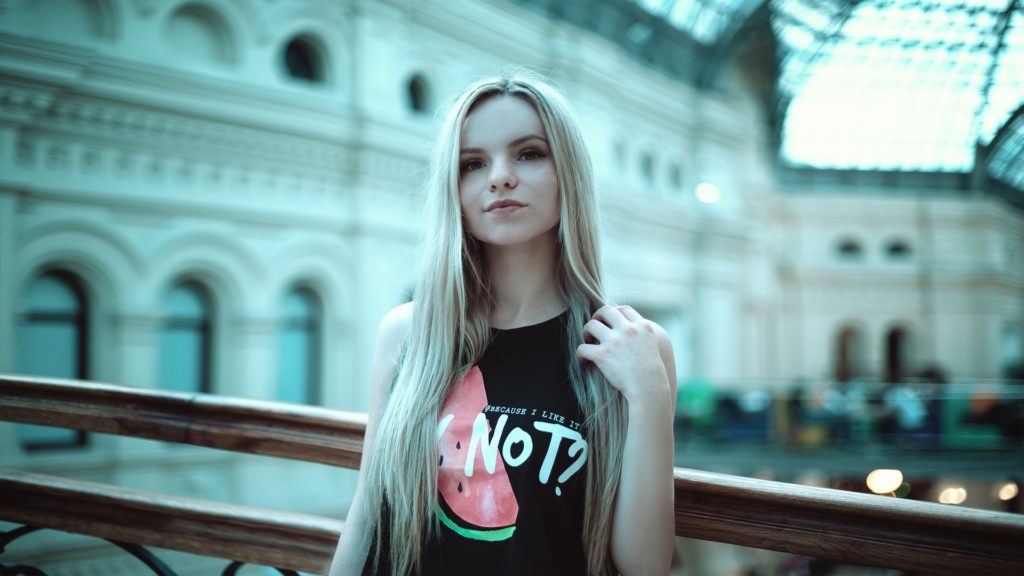The customary karate uniform is known as a gi or dogi. It is generally white, made of canvas and has no zippers, catches or other hard latches. The coat is worn covered and tied like a kimono, and the jeans are held up with a canvas drawstring. A gi acquires a notoriety for quality on the off chance that it is solid, fresh yet not irritatingly hardened, really white and not marginally yellow.
Tokaido
Tokaido is one of the most seasoned, best-known top of the line gi producers. Situated in Japan, the organization has been offering gi tops everywhere throughout the world for over 55 years. The gi are hand-cut and sewn from texture that has a notoriety for solidness. The quality accompanies a higher sticker price, in any case, with Tokaido’s competition gi costing about $200, as of April 2011.
Shureido
Shureido is the other surely understood, long-standing, top of the line gi maker. Situated in Okinawa, Shureido offers a duck canvas heavyweight gi with a trademark light blue shading. Since the organization blues its texture to make preparations for yellowing, another Shureidogi is nearly child blue until the point when it has been washed a couple of times. In the wake of washing, however, Shureido holds its white shading admirably. It is a sturdy, hard-wearing gi. Shureidos offer for about $200 to $250, as of April 2011.
Tokon/Kamikazi
Tokon, which is called Kamikazi in Europe, and not to be mistaken for gi sold under the name Kamikazi in the United States, is an old, dependable German-made brand. It has a competition line, which is somewhat more extensive and shorter than the customary cut. The organization additionally has a line outlined particularly for Shito-ryu, Goju-ryu and Wado-ryu positions. The costs are around $150, as of April 2011.
Toyo
Toyo is another Japanese-fabricated gi. It is cut on a customary Japanese example. Like the Shureido, it is made of No. 10 canvas and has been dealt with to oppose contracting, a typical issue taking all things together cotton gi. It is generally viewed as a sturdy, top of the line gi, however in the United States, it isn’t as well known as Tokaido or Shureido. The gi offers for about $180, as of April 2011.
Meijin
Meijingi are one of the more current brands. These gi were composed under the advisement of a few bosses with the plan of delivering an American-made gi that could equal Shureido and Tokaido. Meijin offers underarm gussets and a belt fixed with cotton bandage to avert packing. It likewise has part sizes, enabling you to coordinate a coat to jeans of an alternate size. Despite the fact that not time-tried, the brand is getting great audits. The cost is ordinarily amongst $100 and $150, as of April 2011.
Kwon
Kwon, another German producer, started making aikido regalia. It offers a few karate gi: customary cut, kumite, customized structure and an exceptional gi. The greater part of its gi are made of an unmistakable brushed cotton texture that is fresh yet delicate against the skin. The gi are affirmed by the World Karate Federation for competition wear. The gireatils for about $100, as of April 2011.
Jukado
Jukado International creates the Juka and Dragon gi lines. Juka is the top of the line gi, Dragon the understudy gi. The Jukagi come in 12-and 14-ounce brushed canvas in both a conventional and competition cut. Juka additionally offers the Juka Diamond, a gi cut particularly for ladies. The Dragon 10-ounce is a light heavyweight gi cut on an indistinguishable example from the Jukagi yet of a less expensive canvas. The Jukagi offer for $90 to $120 and the Dragon for $55 to $75, as of April 2011.
Century
Century offers both midweight and heavyweight gi. Century utilizes a nontraditional, yet agreeable, flexible midsection on some of its gi. It additionally offers cotton/polyester mixes and split sizes. The coats of its gi have a tendency to be somewhat shorter than conventional Japanese gi, and the gi are cut for Americans. They are estimated at $90 to $180, as of April 2011, contingent upon quality and highlights.

